Greetings! I’ve been around the Otaku universe for two decades, talking about my favorite hobbies of anime and gaming. In 2007, I launched the Centaku Media blog where I talk about everything that catches my interest and then some when I got into K-pop—hence the name “Centaku”: Center of Otaku Culture. While “Otaku” is used traditionally in Japanese as one obsessed with one specific interest, I’m in the center of every obsession! As an introduction to readers of Last Looks, I bring you an article months in the making on my current obsession in my main interest of gaming.
If you keep up with the gaming industry regularly, you might have heard of a popular, long-running gaming franchise that is not Street Fighter, Mortal Kombat, or Final Fantasy. The series we’re discussing is called “Like A Dragon”. It is also called Ryu Ga Gotoku in Japan, and originally known as simply “Yakuza” outside of Japan from the first to the seventh installments—including a prequel, with publisher Sega finally giving the series the proper translated title from “Ryu Ga Gotoku” with the recently released eighth game in the franchise.
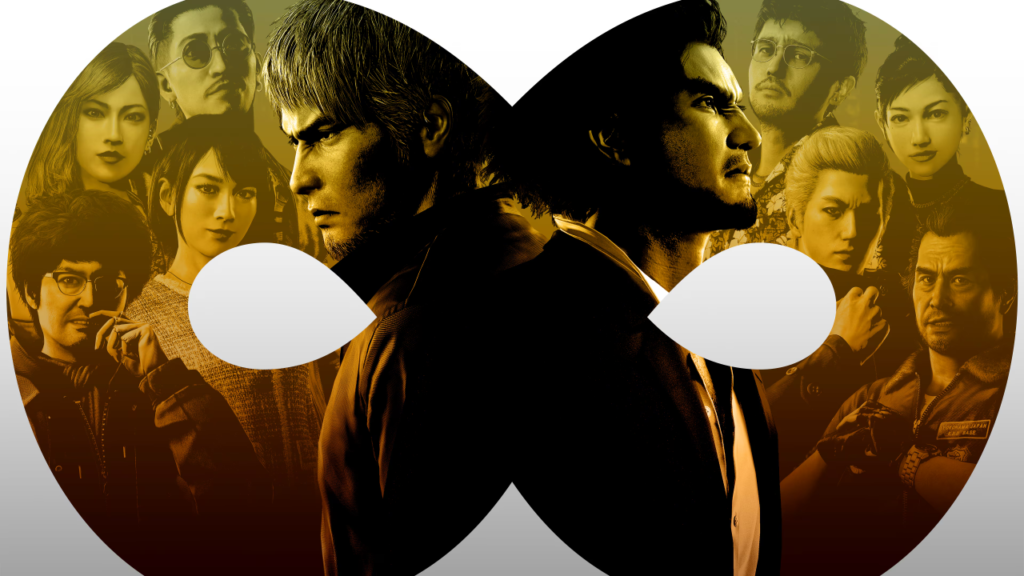
With the upcoming release of the live-action series, Like A Dragon: Yakuza on Amazon Prime, we need to talk about why everyone should check out the games in particular, especially with “Like A Dragon Gaiden: The Man Who Erased His Name” and “Like A Dragon: Infinite Wealth” released in the past year. It appears to be a gritty crime drama on the surface, but after reading this article—and if you like memes and out-of-context situations—you will want to play it immediately.
Note: I will attempt to explain the franchise with as few spoilers as possible between the first three games. I am currently new to the series myself as I am playing through Like A Dragon: Infinite Wealth as of publishing, so we’ll see these through together as a newcomer!
New Beginnings for Ryu Ga Gotoku Studio
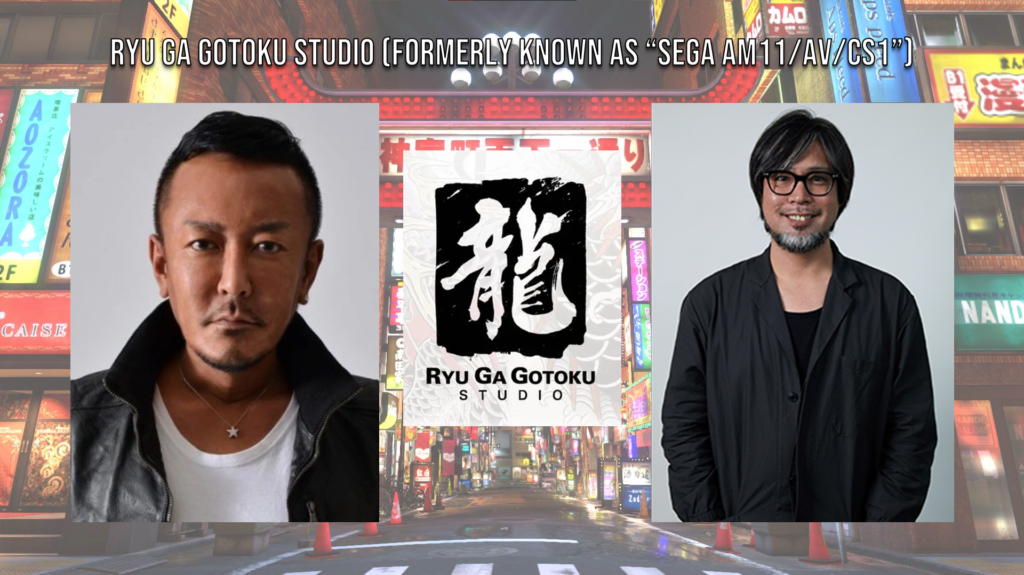
In addition to Sonic the Hedgehog, Like A Dragon is one of Sega’s modern day hits along with Bayonetta and the Shin Megami Tensei & Persona franchises under the Atlus wing. Like A Dragon’s rise to fame was all thanks to the release of Yu Suzuki’s Shenmue in 1999 for the Dreamcast: Sega’s final home game console before focusing solely on game publishing. It was the highest-rated game in many gaming magazines and has a cult following to this very day. In addition to Yu Suzuki, who headed Sega’s AM2 division known for their famous arcade titles such as Hang On, Out Run, and Daytona USA, fellow Sega AM2 staffer Toshihiro Nogashi served as Producer and Director of Shenmue. He would later be the founder of Ryu Ga Gotoku Studio.
Ryu Ga Gotoku Studio originated as Sega’s AM11 division dating back to 1998, eventually being renamed to Sega AM4 or R&D 4, later as Amusement Vision in 2000, and New Entertainment/CS R&D Team 1 in 2005, headlining the release of the first Yakuza game the same year. The Ryu Ga Gotoku logo was created in 2009 but not widely used until the release of Yakuza Kiwami 2 in 2018; where “Kiwami” would be the name used for the remakes of earlier Yakuza games, including the debut game.
Following the discontinuation of the Sega Dreamcast, Nagoshi sought out other game ideas even as to produce games for other platforms such as Nintendo. Nagoshi’s first game outside of Sega was F-Zero GX for the GameCube, which received a warm although quiet reception. Nagoshi also would produce a game called Super Monkey Ball, in which the series continues to this very day with the 2024 release of Super Monkey Ball Banana Rumble. The original Super Monkey Ball was originally intended for an arcade release but ultimately released on home consoles such as the GameCube. Struggling to recreate the game successes made in the second half of the 1990s, Nagoshi would pitch another game exclusively for Japanese audiences, called Ryu Ga Gotoku: translated to “Like A Dragon” before being marketed as “Yakuza” outside of Japan until the release of Yakuza: Like A Dragon in 2020.
Nagoshi would also become Sega’s Chief Creative Officer in 2012, also being added to the Board of Directors for Atlus in 2013. In October 2021, it was announced that Nagoshi would leave Sega and form a new studio, Nagoshi Studio, under NetEase. Masayoshi Yokoyama took over as director and producer of the Like A Dragon games in addition to becoming the new head of Ryu Ga Gotoku Studio. Prior to this, Yokoyama had no experience in the game industry and was more into athletics. He sought out companies that dealt with planning with any company in Japan. Sega in particular caught his interest because he was familiar with the name as his father was the owner of a toy store. He would perform small tasks where he was needed beginning with Jet Set Radio with level designing and minor voice recordings.
All in the (Yakuza) Family
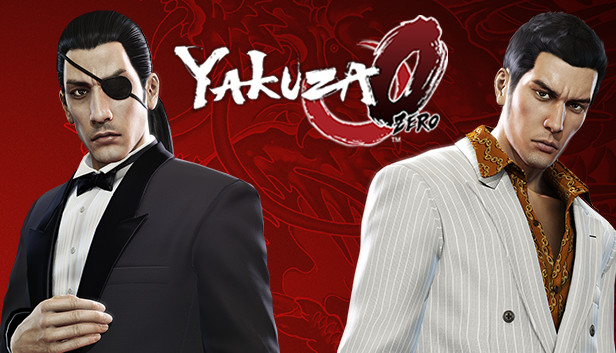
Like A Dragon features memorable characters throughout the franchise’s near 20-year history, with the debut game being launched on the PlayStation 2 in 2005—which is also the era used when referring to past story events in later games. But the main character—or three—we’re featuring is Kazuma Kiryu, also known as “The Dragon of Dojima”.
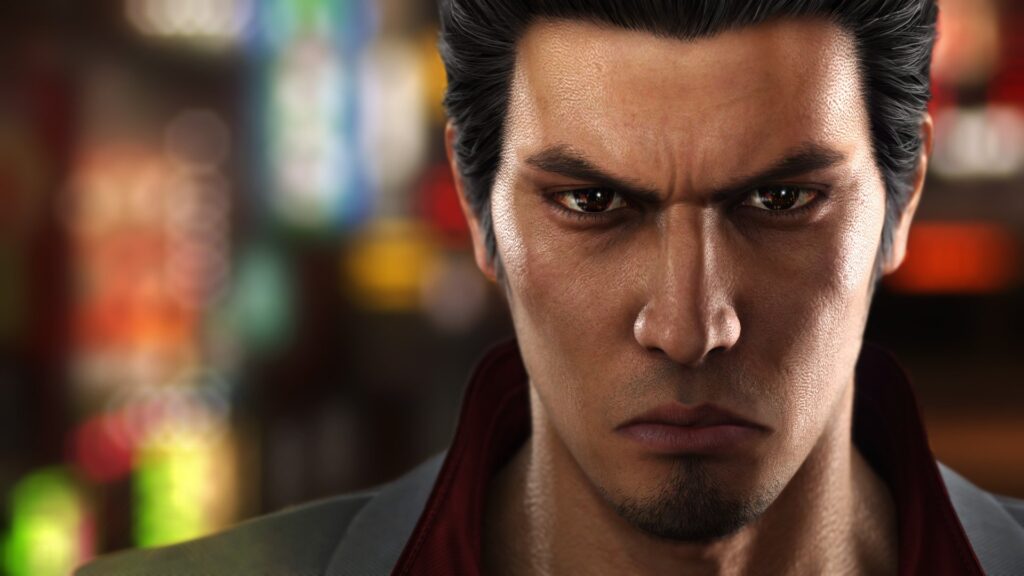
Kiryu was raised as an orphan by a man living the Yakuza code, who took care of children under similar circumstances as Kiryu; one of which includes a boy who would later become Kiryu’s sworn brother (or “kyodai”), Akira Nishikiyama. Both men would later take on the Yakuza world, and Kiryu would earn his nickname Dragon of Dojima: named after Shohei Dojima, a top-ranking official of the Tojo Clan. The surname Dojima would later be important as the son of Shohei, Daigo, would later be involved in the Yakuza underworld at the request of Kiryu, as well as an important character in the story. Kiryu’s decision to become a Yakuza is greatly explained in the prequel, Yakuza 0, and is fleshed out in Yakuza Kiwami 1 and 2, respectively. In the later games, we see how Kiryu adapts to life as a civilian, and having to dip into the gangster underworld yet again through various, and often unfortunate, circumstances.
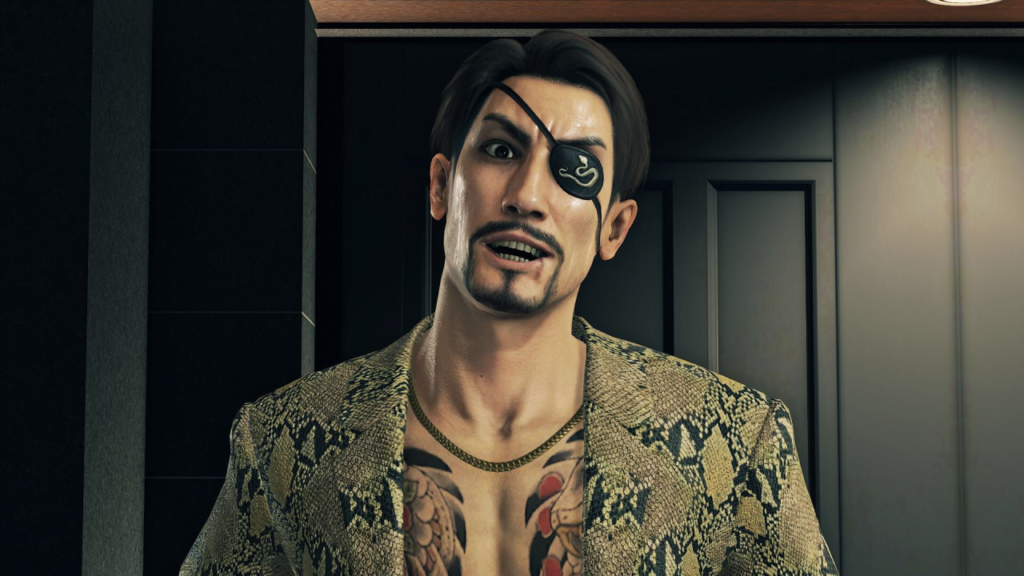
Another popular character is Goro Majima, “The Mad Dog of Shimano”, who quickly became one of my favorite characters after playing Yakuza 0. The eye patch and iconic snakeskin jacket Majima wears are not just for show, but it’s a preview of a tragic upbringing living the life of a Yakuza. In later games, he is often seen with Taiga Saejima, both of whom are sworn brothers within one of the Tojo Clan’s many “families”. While Saejima appears to be dangerous in the eyes of the media, he is a gentle giant who goes out of his way to protect those he loves—even if it means spending some time behind bars.
To explain to someone new to Like A Dragon, the best comparison to Majima from another character in popular media is The Joker from Batman. Coincidentally, in the original English dub of Yakuza from 2005, Majima was voiced by Mark Hamill, who provided the voice of The Joker in animated Batman adaptations in the past and is perfect for the character. While the Like A Dragon games went without an English dub until the release of Yakuza: Like A Dragon, the seventh installment of the franchise, Goro Majima is now voiced by Matthew Mercer of Critical Role fame.
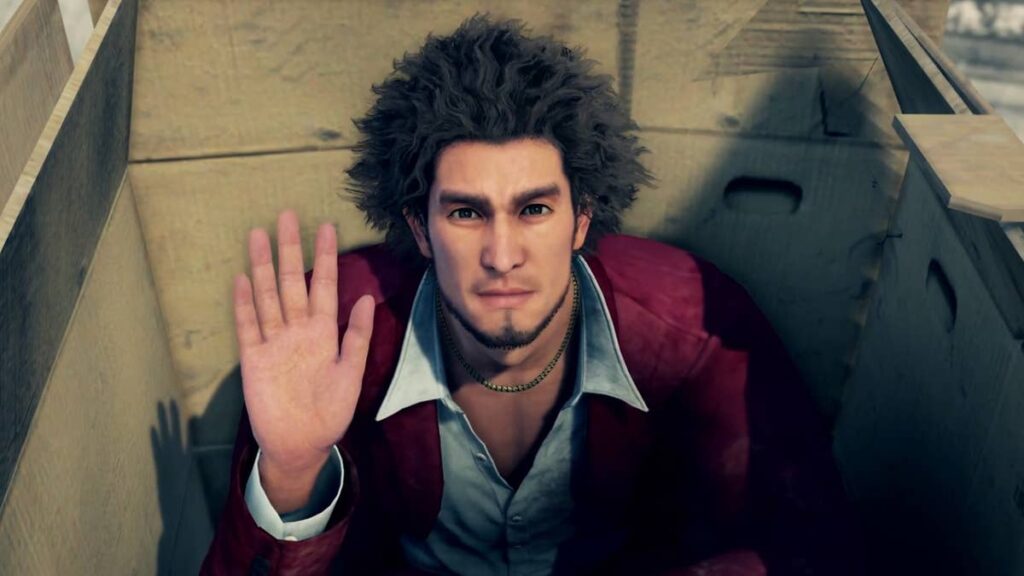
Lastly, we have Ichiban Kasuga, introduced in Yakuza: Like A Dragon. Ichiban shares the ups and downs as our two older, previously mentioned protagonists. Ichiban is also an orphan—through a very unfortunate circumstance that is unraveled from his introduction in Y:LAD and in the next game, Infinite Wealth. Ichiban appears to be more relatable to a modern audience—in addition to his love of RPGs, in which his game changes up from the beat-’em-up style veteran fans are used to, to a well thought-out RPG battle system with the hilarious easter eggs found in previous Yakuza games; and his imagination of beating up enemies taking on a totally different appearance as you would see in Dragon Quest—Kasuga’s favorite RPG as a child.
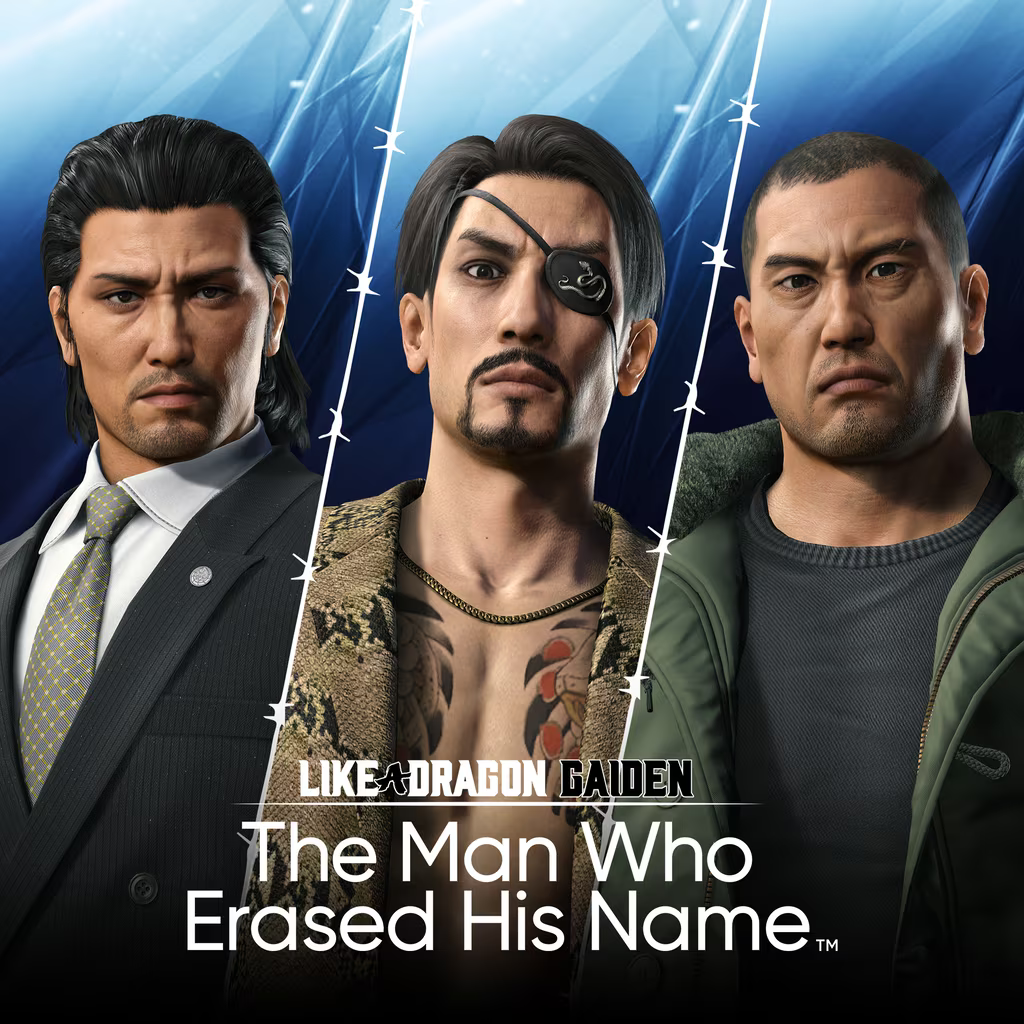
There’s a lot to unpack between Kiryu, Majima, and Kasuga throughout the games. But going into Yakuza 0 from the very beginning as a new player is very important to make sense of their situation as gangsters in the later games, as well as the other characters you’ll meet in the future.
The Yakuza Life—At Home
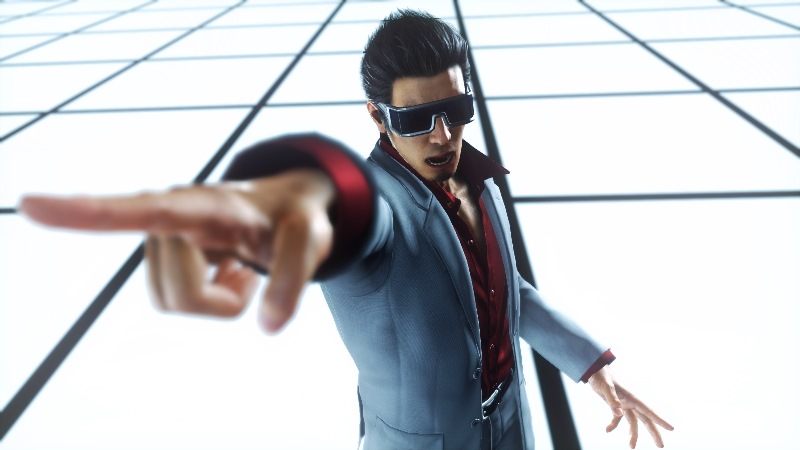
Like A Dragon is an Open-World game with opportunities to explore the cities of Kamurocho and Sotenbori, which are based on their respective real-life counterparts of Kabukicho in Tokyo and Dotonbori in Osaka. Going back to Shenmue on the Dreamcast, the goal is the same: attend to the situation at hand and relax by checking out the many attractions the city has to offer, such as the arcade with an actual working copy of classic Sega arcade games such as Hang On, Out Run, and Space Harrier to name a few.
In Like A Dragon, there is much more to offer compared to Shenmue, with huge technological advances made since the Dreamcast era with additional nightlife opportunities. Modern entertainment offerings include Mahjong, Cabaret Clubs, and Karaoke for a few example attractions. The Club Sega arcades (which many may know now rebranded as Gigo) that appear in many of the Yakuza games include real working games, ala Shenmue, with a limited version of Bandai Namco’s Taiko no Tetsujin in Yakuza 5, and the return of Out Run and Space Harrier, along with the addition of the sequel of Hang On, Super Hang On in Yakuza 6.
Karaoke in particular is another go-to for Like A Dragon fans, especially when our favorite characters are envisioned as could-be idols had they not chosen the Yakuza life, or living their best lives as subjected in the songs performed. Case in point: Goro Majima in 24 Hour Cinderella from Yakuza 0. One interesting tidbit about Karaoke in Like A Dragon is that it was loathed upon by the a few of the voice actors in the game, including the voice of Goro Majima, Hidenari Ugaki. Over time, the voice actors grew to appreciate giving their character more details behind their dark history. Most especially Takaya Kuroda, Kazuma Kiryu’s voice actor, and leader of his band Goodfellas.
24 Hour Cinderella (Goro Majima)
Judgement (Kazuma Kiryu)
Hell Stew (Ichiban Kasuga)
Honolulu City Lights (Chitose Fujinomiya)
Yakuza: Like A Dragon: The Dramedy
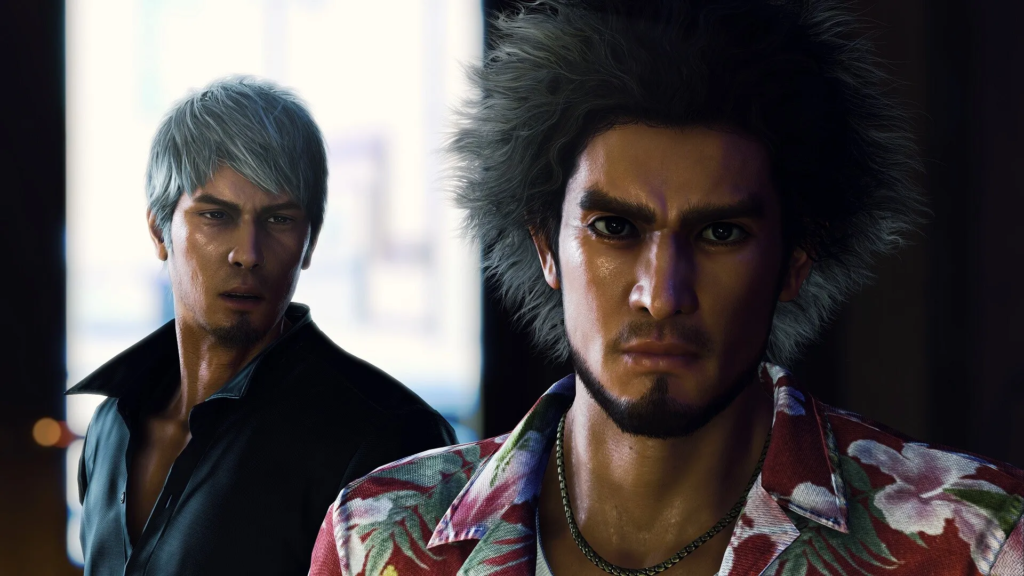
One of the best parts of all of the Like a Dragon games are the substories you play as you advance through the story. Substories are the light-hearted moments that offer the player an opportunity to take a break from the difficult, often heartbreaking parts of the main story. Many of these are optional with some offering additional abilities for Kiryu or Ichiban in the future, but you would be missing out on what makes Like A Dragon what it truly is. Fortunately, you can revisit these substories after completing the game in Premium Adventure mode.
Once you watch these, you will question if this is even the same game. A few examples of a substory include becoming an idol manager for a day for an emulation of Kyary Pamyu Pamyu; another one where you are dressed up as Santa Claus to stop some “Santa Hunters”; and another one where you join a cult to stop someone from being indoctrinated—while having the opportunity to “do the hustle” for laughs. Several, if not dozens more substories come to mind, but there is one honorable mention for this article I must share from my own playthrough on Twitch that is perfect for newcomers of Like A Dragon.
Warning: The following video contain mild adult language.
Majima Everywhere: Lord of the Night Returns (Yakuza Kiwami)
The Best is Yet to Come
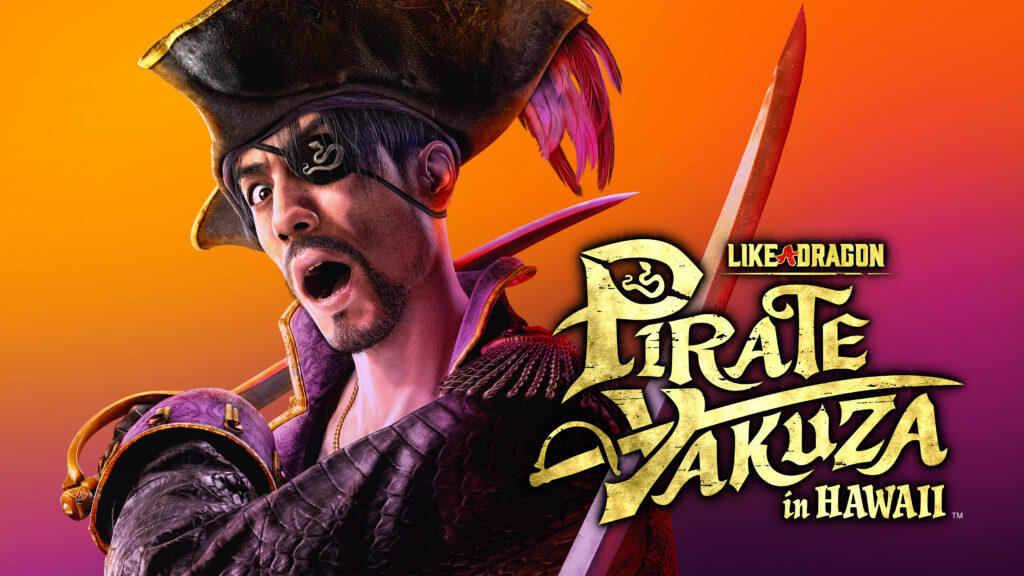
Infinite Wealth has sold over one million copies in the first week of its release and is a candidate of becoming Game of the Year for 2024. Based on just the games I’ve played through so far, including the exciting reception of Infinite Wealth’s early trailers, I believe it. With the eighth game in the books for Ryu Ga Gotoku Studios, there is more in store for the team. Before the release of Like A Dragon Gaiden: The Man Who Erased His Name—a side-story to Kiryu’s development after the events of the first six mainline games—RGG Studios teased other projects in the coming year, especially with the warm reception of the re-release of Like A Dragon Isshin, which is a game that takes the characters we know and love from the previous Yakuza games and are put into the shoes of important historical figures during feudal era Japan.
These additional projects could be another side-story game similar to Gaiden, additionally with the recent reveal of Pirate Yakuza in Hawaii due in early 2025; or a remake of an older non-cannon game such as Ryu Ga Gotoku: Of The End—or Yakuza: Dead Souls outside of Japan, a PS3-only game featuring an outbreak of zombies in Japan made during the height of the Walking Dead era; maybe a ninth game in the series; or other non-Yakuza games such as the Japan-exclusive PSP game Kurohyou, and the recent Judgement series. Whatever RGG Studios has in mind, I’m all for it.
I appreciate you all for coming to read about my new favorite gaming franchise! Let’s see how Amazon handles their take on this amazing series in Like A Dragon: Yakuza. I leave you with one more karaoke song of one of the best songs in the games—and the most iconic used in many memes that you may not have known originated from Yakuza: Baka Mitai.
Sanjo-chan (She/They) is behind the community Centaku Media, a place for like-minded fans of Anime, Gaming, and other Otaku interests. They have a blog, a YouTube, as well as a Twitch channel for catching up with what’s happening in the Otaku world. Check out https://centakumedia.com for more blog posts and follow Centaku Media on social platforms over at https://beacons.ai/centakumedia.
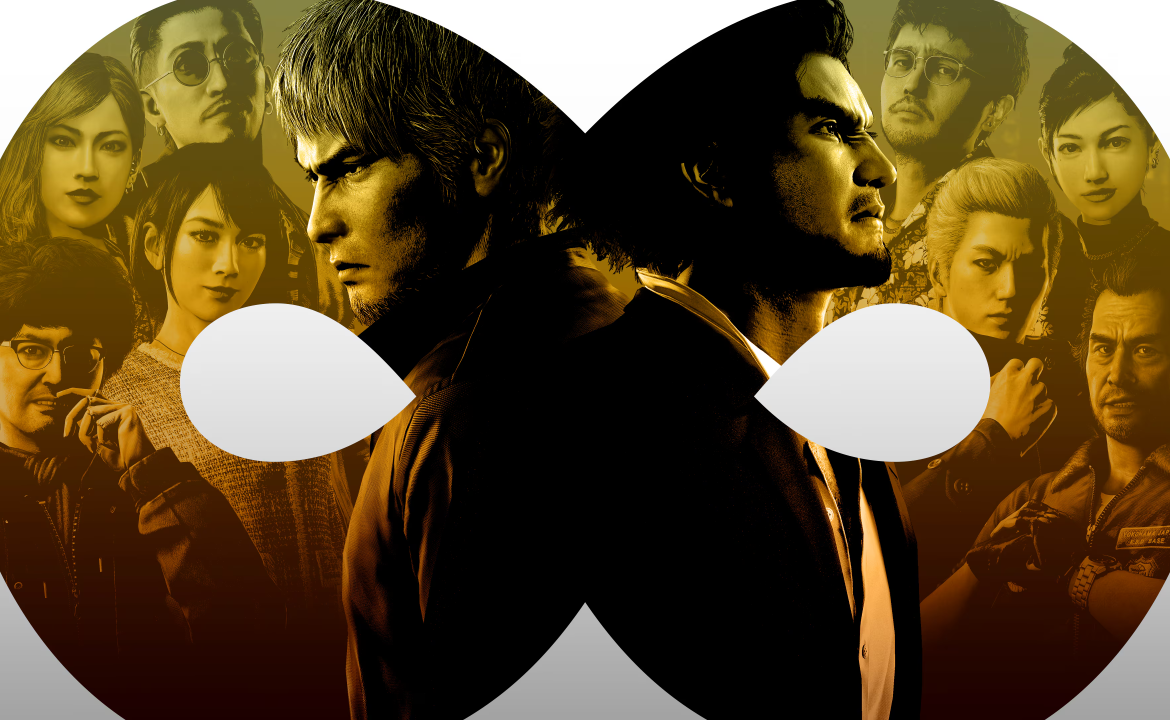
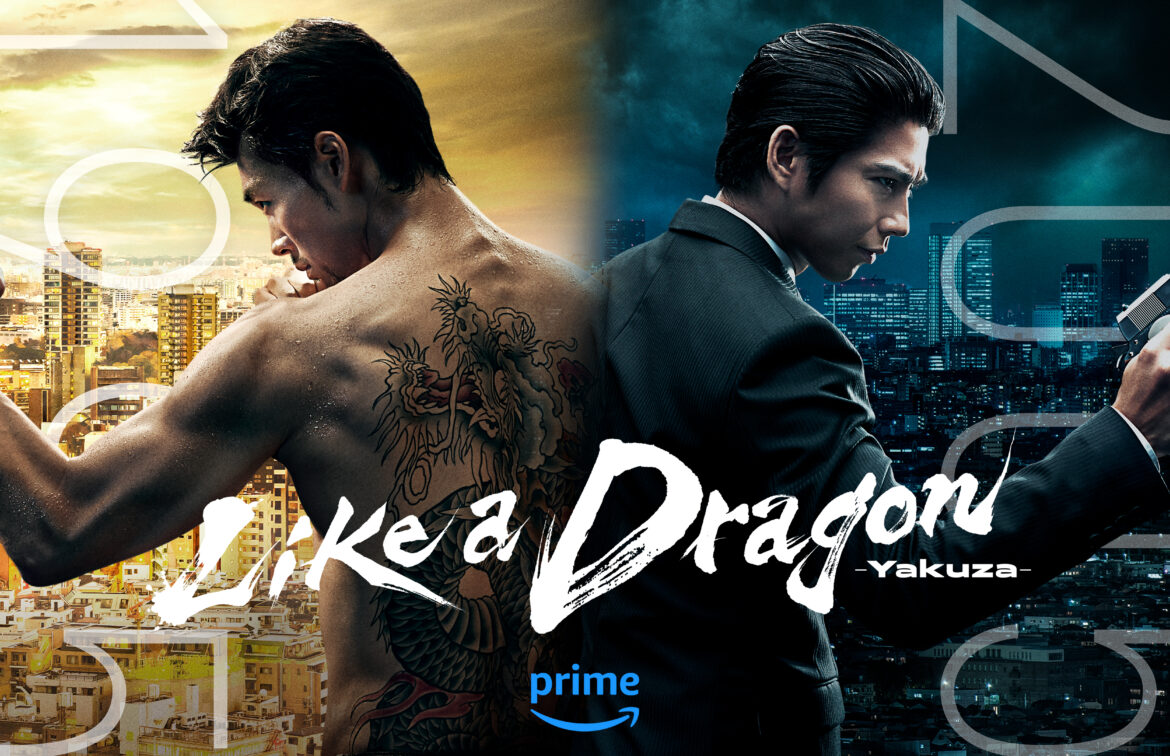







Michael Miller -
This is such an excellent and in-depth write-up on this delightful series! I appreciate you sharing your time and expertise.